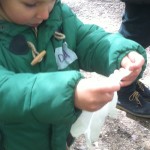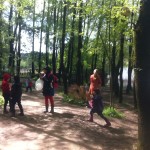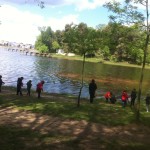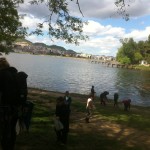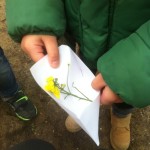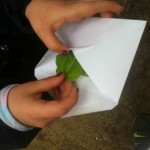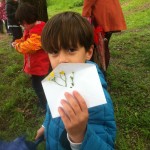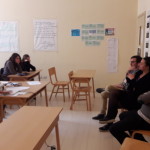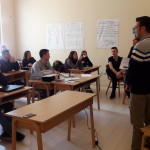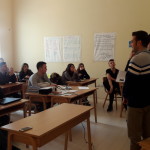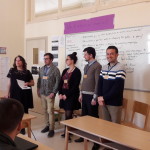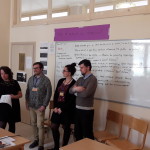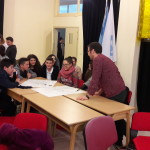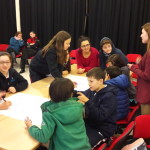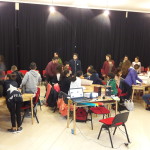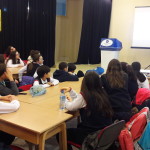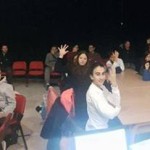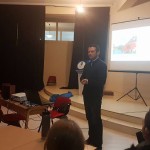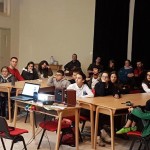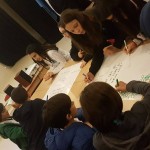CALL FOR GRANTING, COACHING AND TRAINING: ORCA (Serbia), on behalf of consortium of partners: AKTIV (Kosovo*), FLOROZON (FYR of Macedonia), CZIP (Montenegro) i IEP (Albania), announces:
CALL FOR GRANTING, COACHING AND TRAINING
for strengthening advocacy capacities of CSOs
for sustainable agriculture in the Western Balkans
We are inviting civil society organisations (CSOs) to submit Concept note related to advocacy initiative in one of the thematic areas of sustainable agriculture: water quality, soil quality, crop production, livestock production, energy and waste management, food safety, consumer protection, biodiversity and landscape conservation, welfare of people working in agriculture.
Concept note should be innovative advocacy initiative which clearly and credibly demonstrates the relevance of sustainable agiruculture and its aspects. Of special importance is active participation of decision-makers, general public and other relevant stakeholders.
The Call is opened until 10 October 2016 at 16 hours for all CSOs from Serbia, Montenegro, Albania, FYROM and Kosovo active in different aspects of sustainable agriculture.
More information about conditions for applying can be found in Guidelines for applicants with accompanying annexes at webpage
http://www.orca.rs/sr/call-for-granting-coaching-and-training/
Organisation with successful Concept note will participate in programme aimed to strengthen capacities of CSOs for advocacy and internal governance, improve their knowledge and skills for writing project proposals and contribute to development and implementation of sustainable agriculture policies in the Western Balkans. This programme is made of three components:
- Training of selected CSOs on organisational development, internal governance and advocacy (November/December 2016)
- Coaching for writing project proposals in the area of sustainable agriculture. CSOs will be provided with expert support for development of full applications (January-March 2017)
- Granting CSOs with maximum 25.000 euros per grant. 10 best advocacy project proposals for sustainable agriculture will be granted (May 2017 – May 2018).
Programme is conducted as part of project “Sustainable agriculture for sustainable Balkans: Strengthening advocacy capacities of CSOs and developing policies in the Western Balkans” financed by European Union and lasts for four years, with total budget of 960.760 euros.
Reminder
Advocacy is one of most important tools in the work of CSO which enables citizens to solve different problems they are facing – influencing policies and legislation, their enforcement and change of culture in relation to relevant issues.
Agriculture is one of the most important economic pillars of the Western Balkans countries because it makes significant part of the gross domestic product (15-25%), and agricultural land covers 40-60% of these countries’ territories. In order for agriculture to be sustainable, it has to be economically, socially and environmentally sustainable. Everybody has benefits from sustainable agriculture – from agricultural producers having direct economic profit and better market access, through economy and increased profit through production of quality products, to consumers who can buy healthy, safe and quality food.
















